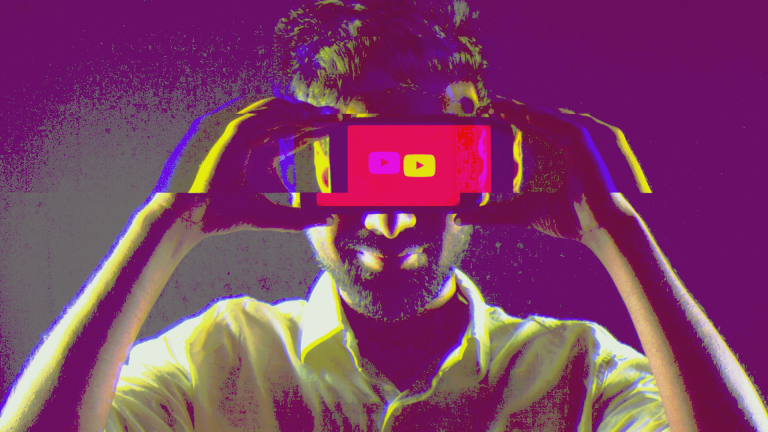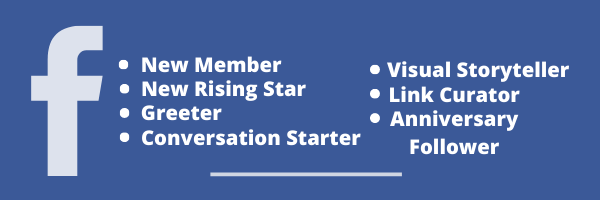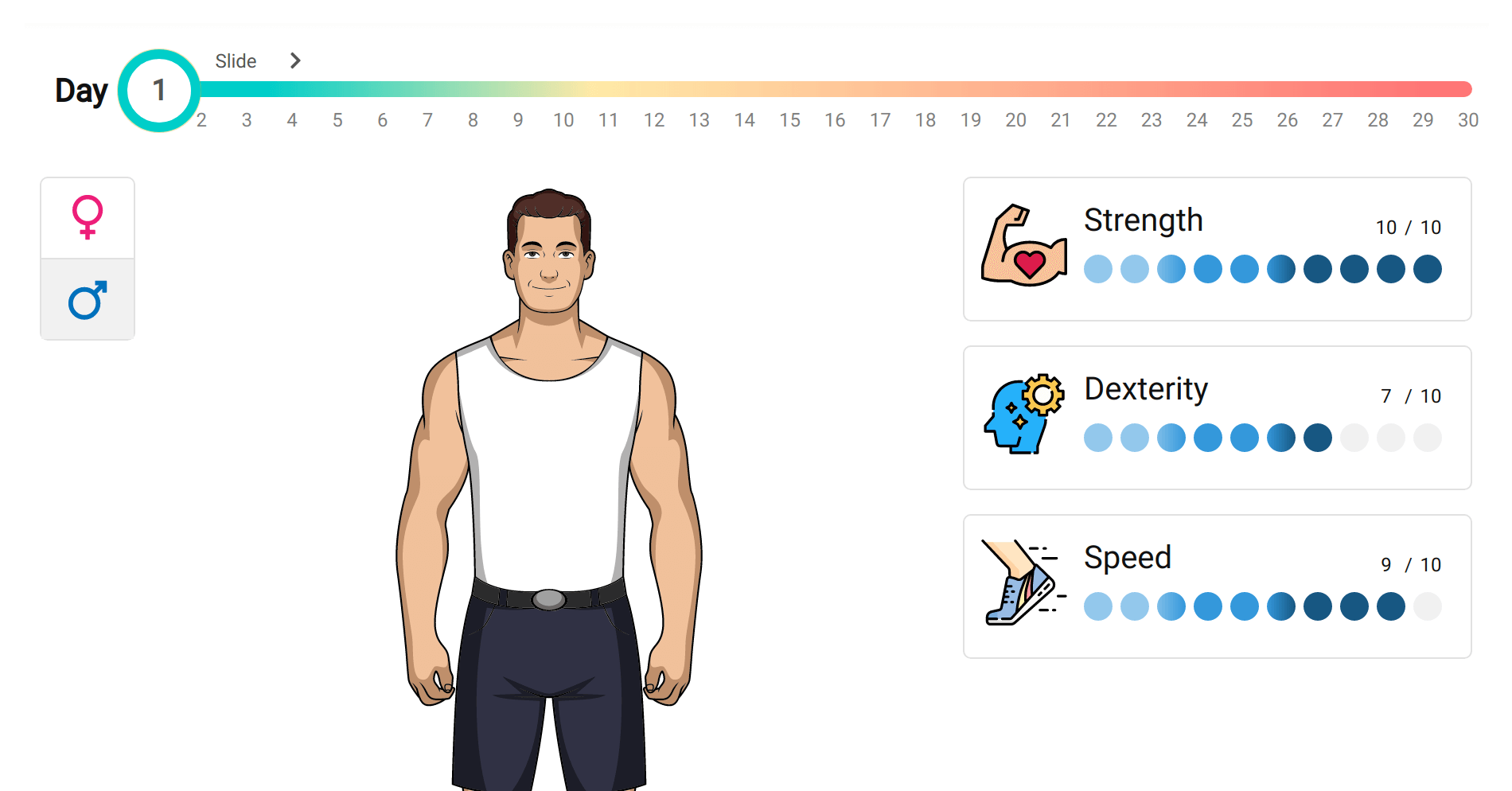Predictions for Social Media in 2020
This is what we're expecting to see in online platforms in 2020.


In social media, every new feature can completely change the users' experience and potentially kill your whole business. Remember when in 2018 Instagram "accidentally" tried to implement the horizontal scroll and everyone hated it? Then again, in 2019 a simple dark mode hype made people way more excited than expected.
That's why UX decisions have to be very reasoned. People's reactions are extremely hard to guess but not impossible to predict.
The development of popular platforms has to move at the same pace as social trends. Even the smallest changes we see, which may look insignificant, have gone through a lot of research before launching. That's what makes social media so interesting - it's all ruled by people's perception. Here are our predictions for online social media trends in 2020.
Communities for good
Social media is encouraging communities by adjusting the algorithm in favor of groups. For example, to keep the conversation going in small groups, people on Facebook see most posts highlighted as priority in their feed. There are even public creator badges encouraging active people.
If 2019 was all about pushing live streams (28% of people on any social platform have seen a live stream in the past month), we believe that community building is the next big priority for social media in 2020. Small groups form strong communities and they can lead to positive change so we're strongly supporting this idea.
We think groups will start being more appealing to brands most importantly because they offer a more personal level of communication and manageable access.


These are some of the badges in Facebook groups.
We will be mixing realities
Augmented reality and Virtual reality will keep helping us socialize and experience life in a different way. These technologies will become even simpler to use. Creators of AR filters now have separate tabs to showcase their work, so we are expecting lots of brand collaborations and even crazier filters coming our way.
When it comes to expiring content, it will probably keep ruling the digital space. New features will push people's creativity when creating new stories. We are also betting on a lot of new tools allowing us to add layers of photos, gifs, music, stickers, and various layouts.
If we have to summarize our prediction, we think most platforms will allow users to create their own personal videos with music and special effects without the help of professional editing services.
Rise and shine, micro-influencers
Opinion leaders always had a big influence on society, but in order to stay relevant, they have to envolve with the masses. Today's influencers are no exception.
In 2020, people will care a little bit less about likes and numbers of followers. Users will rely on personal opinions and genuine recommendations from micro-influencers, so throw away the scripts and start searching for people speaking their minds.
The "sponsored post" tab is doing justice for companies, not for the creators. This means that big influencers could potentially kill their careers by accepting too many meaningless promotion offers, therefore lowering the value of their voice.
As 2020 draws near, Influencer industry is undergoing a major shift towards not just micro-influencers, but organic influencers who are the real people who already buy your products & services and create content about your brand - they’re your genuine brand advocates.
— Janet Machuka (@janetmachuka_) December 11, 2019
"Buy my merch, buy my merch, buy my merch"
If you think that the online content is bad, wait until 2020 when every other post will be an ad, even if it looks like it's not. We can picture influencers posting tons of "casual" photos in the backyard and on the streets, except when clicked, it will show the item they are wearing and its price. This may be happening now, but it will get progressively worse. Here's why...
Instagram already launched "checkout" features, ads in stories, ads after every other post, promoted content and so on. But a simple hide of the likes can't balance out the showering with consumer requests.
“
We're preparing ourselves for new brand deal features in social media apps that will facilitate the process of publishing sponsored content while enhancing the platform's role as a sales player.
Prepare for new "Shopping" tabs in most of your favorite websites and platforms allowing brands to sell products directly on social media.
We feel like a lot of apps will lose their purpose, which is very dangerous. Yet let's not forget that Instagram is no longer associated with cute candid pictures and photography.
Why #f4f doesn't work
The pace of gaining a big follower base really relies on the algorithm. Before, we could see millions of people commenting "#f4f" (follow for follow) under celebrities' posts. Now people don't bother using tags even under their own photos.
Third-party apps for bigger follower count are also in their biggest low and against the guidelines of some platforms. Fake followers will still get deleted. Don't even get us started on YouTubers who don't even make money off their videos anymore.
Why is all that?
“
Because even though a platform is dead without its creators, advertisers are the ones dictating the rules of the game.
Companies prefer user-friendly, non-political content and simple monetization systems, so platform endorse users matching these needs. That's the main reason why the main page of most platforms features content that has nothing to do with the real users' engagement.
A lot of people are talking about the easy overnight fame in TikTok, that's why our prediction is that people will move on to platforms where they have better chances of becoming viral and widely recognized. People don't like to play games that have tons of rules and are too hard to win.
Companies will go organic and spend less
Just like in real life, no matter what road you take online, you will feel overcrowded by the presence of too many advertisers, shouting their marketing messages out loud. It's safe to say that digital advertising is not working that well in the past few years. Advertisers have to improve their game with smarter campaigns and more local targeting.
Well, Tesla already figured that out and succeeded by becoming the most mentioned "electric vehicle company" zero dollars spent on ads. This helped the company evaluate its success with 100% accuracy because… well, 100% of the reach is organic.
With no advertising & no paid endorsement
— Elon Musk (@elonmusk) November 23, 2019
In fact, the company doesn't post that often, but when they do, they are really telling their followers about something important. This makes their content way move valuable because people actually want to hear from them. Of course, the meme references are also a plus.
We think (and hope) this marketing model will be followed by others in 2020.
Friendly employees or Chatbots
When it comes to public communication, companies rely a lot on social media and don't even bother updating their personal websites. It looks like customer service is now taking place in online messenger apps and sometimes even lead by chatbots.
Even though chatbots proved to be a good approach for faster communication and high levels of customer satisfaction, they are not 100% reliable and not excellent in building relations.
Customers are seeking interaction with real people, that's why a lot of examples show employees answering questions publically through their personal profiles. This model of communication shows transparency and a very high level of employer branding and employee advocacy practices.
Want to aim higher?
“
When CEOs are the ones answering users' questions, consider this the best customer approach ever.
Every act of personification of the company has proven to work because people are always trying to shorten the distance between the cooperative and themselves. They want to identify with you before giving your money, so introduce yourself even when you're behind the computer.
Concerns about privacy won't stop us from sharing too much
Don't mind the big privacy scandals, people will probably never stop posting. In fact, people tend to share a little bit too much because they are starving for interaction. Some perceive digital tools as psychological therapy and feel the urge to express their private thoughts. See what people were talking about in the past year in Twitter's report on cultural insights for 2019.
With time it will get even easier to get the attention we need in seconds and eventually, it will get harder for us to spend time alone and reflect on things in silence. We're preparing ourselves for new sharing features and more expiring content. What matters are our interests, what we're planning on buying next, what kind of partner we want and so on. It's our own decision who we're going to tell about it.
“
Just don't forget that two can't keep a secret when one of them is online.
TL;DR: Social media in 2020 will most probably be vibrant and louder than ever. New features will decoy us to share more. As long as companies pay platforms to showcase their products, brands will be in charge of the rules. But don't underestimate the power of the users, who are dictating social media trends. Overall, we are expecting lots of community building, enhancing the sense of closeness and a new concept of reality, mixed with lots of virtual interaction.
More OMG

Celebrating Meowoween With Your Cat
Halloween isn't just a human holiday.

Fashion of The Future: Anti-surveillance Clothing
Modern Survival Guide 101: How to protect your privacy with clothes.

Luxurious travel can be affordable
A perspective on the Emirates new premium economy cabin.

Welcome to the Rabbit Hole - Conspiracy Theories Edition
Do you have too much time on your hands? No worries, we've got a chemtrail-free cure!.

Working From Home and Its Side Effects
Hilarious interactive animation showing 30 weeks of gradual decline of physical, mental, and emotional wellness in an unstructured work schedule.
